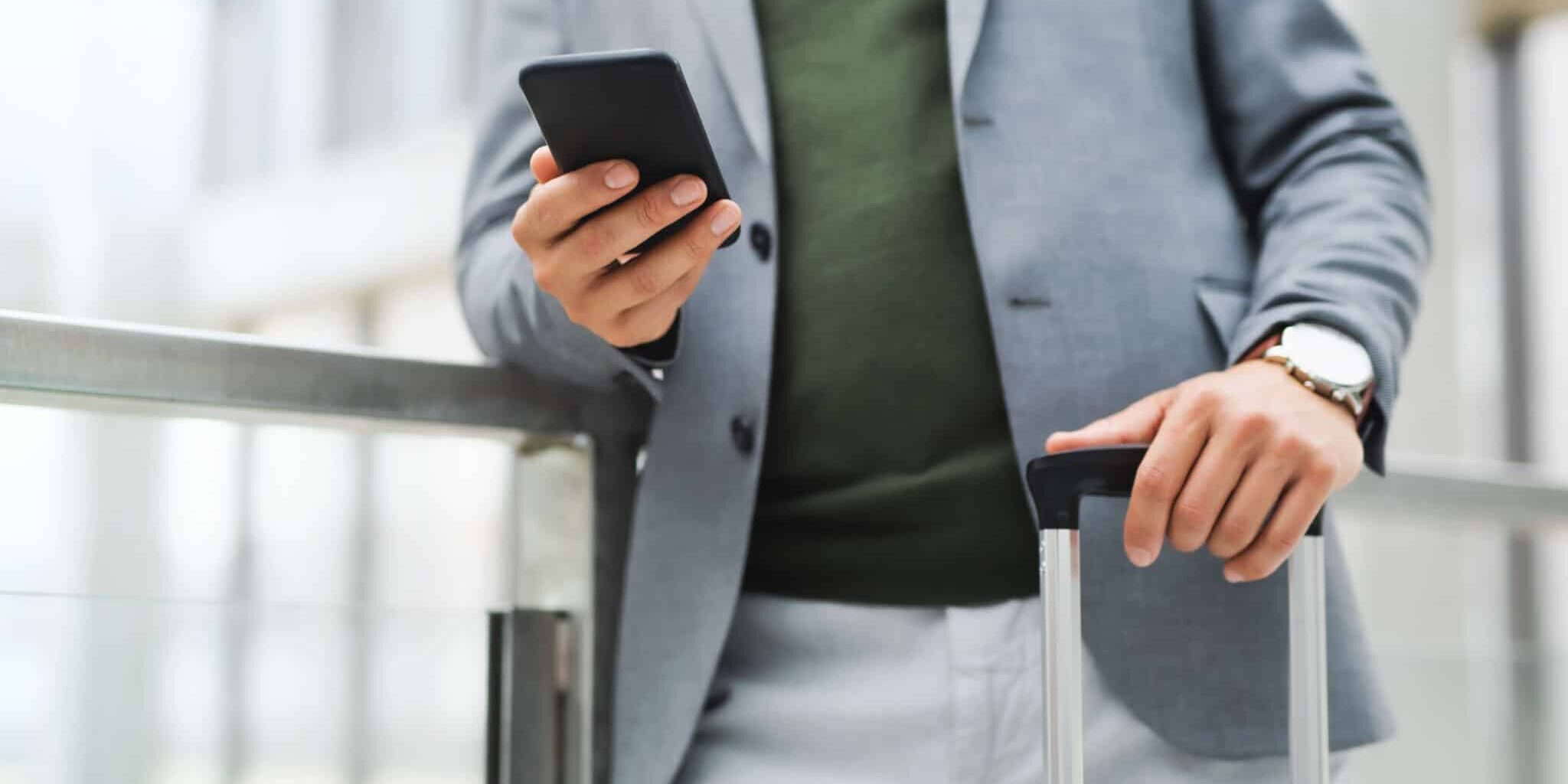- The employee expenses test
- The limited company expenses test
- Duality alert
- Self-employed expenses
Contractor’s Question: To what extent would the travel, accommodation and subsistence costs incurred to and in Paris, on a meeting-type expedition where no actual work is carried out, be deemed a legitimate business expense?
Expert’s Answer: Thank you for the question. I assume you are a UK tax resident. I do not know if you are an employee, a director of your limited company (or Personal Service Company), or a self-employed sole trader. The answer will differ in each case.
The employee expenses test
Let’s assume that you are an employee. The rules for tax deduction are that the expense has to be ‘wholly, exclusively and necessarily for the employment,’ which has several ramifications as the provisions are much less liberal than in the two other possible scenarios (if you’re a limited company or self-employed).
The only ways to ensure that expenses such as these are going to be tax-deductible, for you as an employee, are to have your employer incur the expense, or have your employment contract make it your responsibility to meet such costs.
The limited company expenses test
Next, let’s turn to the situation where you are a director of your own limited company. Companies can claim a deduction for business expenses that are ‘wholly and necessarily’ to establish or keep the trade. You can see this is much broader, as the ‘exclusively’ has disappeared.
With the company expenses rules, the restriction for “employment” is not there either, which means that you can even recover pre-incorporation expenses.
Contrast that with a job advert that a prospective employee might place for a position. The advertisement would not be allowable because when you incurred the cost, there was no employment!
Duality alert
But contractors – and you yourself — ought to watch out for another method by which the Revenue can disallow expenses, and that concerns ‘duality of purpose.’
If HMRC believes there was a private interest in the expenditure you are claiming, they can decide the expense was not exclusively for the trade, leading to a question — should the claim be denied completely, or decreased for the private element?
Self-employed expenses
Finally, if you are self-employed, you make claims for expenses in your self-assessment tax return. Here, just be prepared for large or unusual levels of expenses to raise any browsing HMRC inspector’s eyebrow! If questioned, you will have to prove that the trip was indeed a serious business trip and not a ‘jolly’ that you want HMRC to subsidise.
The expert was chartered accountant Kevin Austin, managing director of Access Financial.

